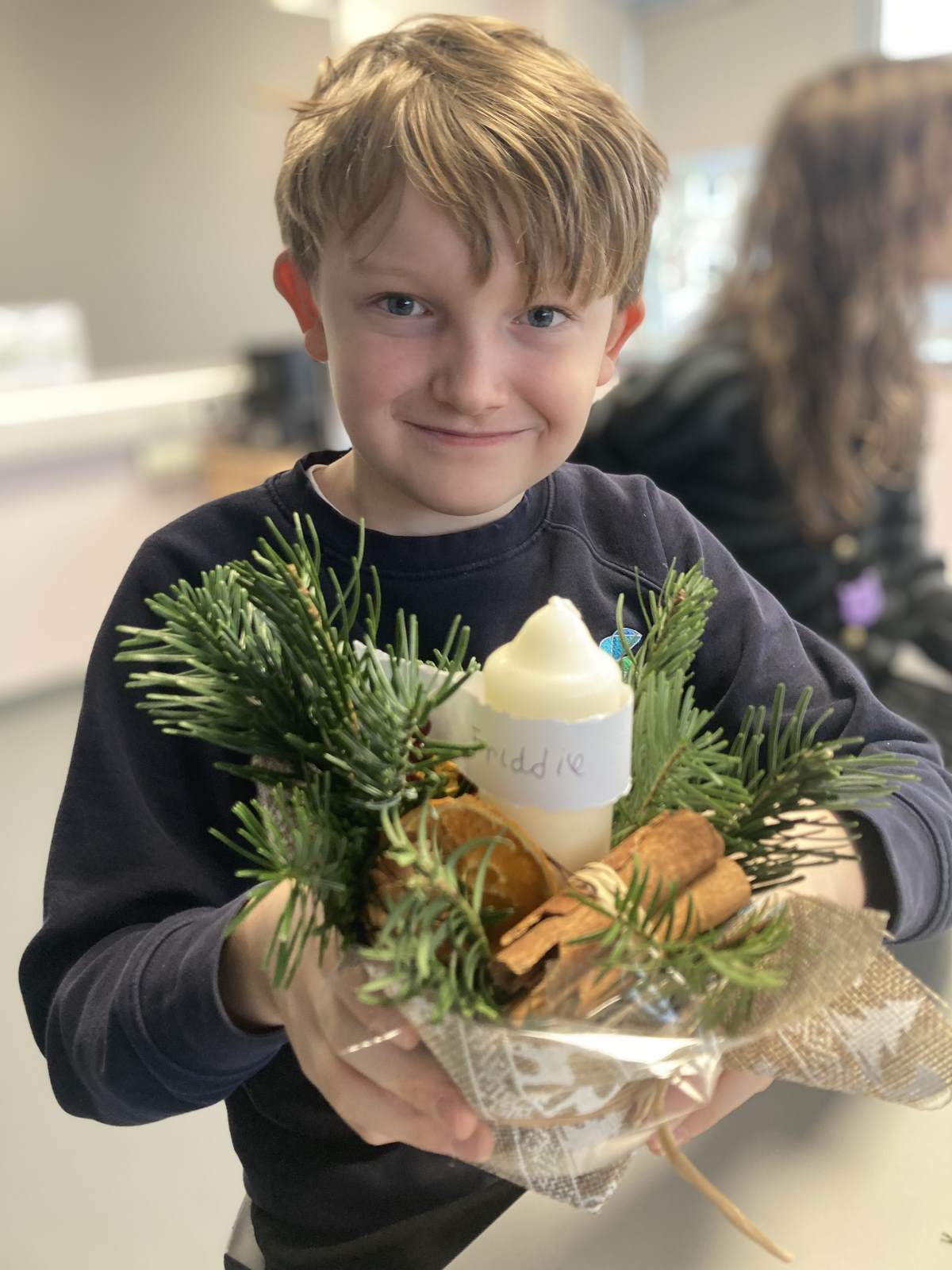Primary Department
At The Windmill School, we provide a calm, autism-specific environment where children can feel secure, understood, and ready to learn. Our aim is to create a setting where every child has the best chance to grow, develop and thrive – not just academically, but emotionally and socially too.
In our Primary Department, we place a strong focus on helping children build spontaneous communication and interaction skills. We do this through fun, engaging activities that encourage positive relationships and a love of learning in a safe, nurturing space. 
Each classroom is thoughtfully designed to be calm, consistent and predictable. Visual supports help children understand the different areas of the room and what they are for. All classrooms include a sink, a mix of learning spaces for both group and individual work, a carpeted area, and a quiet zone for rest and regulation – giving children the structure and flexibility they need to succeed.
Classroom and Curriculum
Each class has a dedicated class teacher who teaches most of the subjects throughout the week. This helps create a calm, consistent environment where children feel safe and supported. We also have specialist teachers who bring their skills and enthusiasm to subjects like Art, Forest School, Music and PE – making learning even more engaging for our pupils.
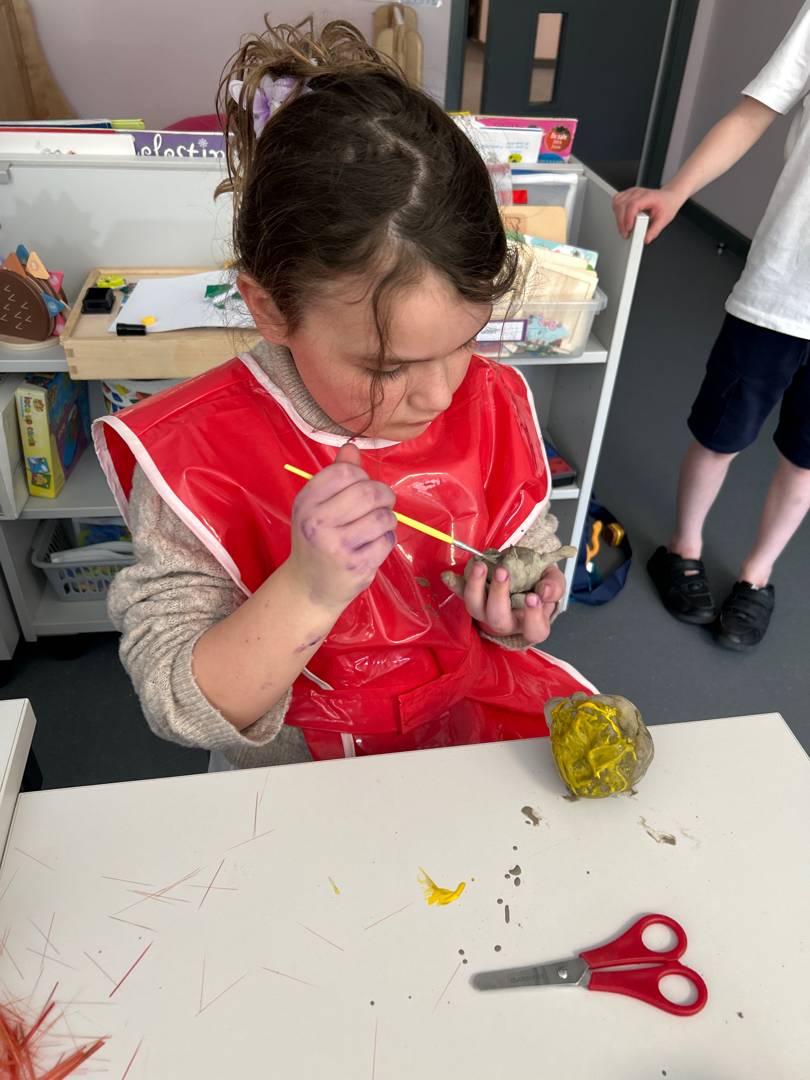
There are currently 3 classes in our Primary Department, and each one has up to 6 children. Every class is also supported by skilled teaching assistants who work closely with the teacher to make sure each child gets the right help, encouragement and challenge.
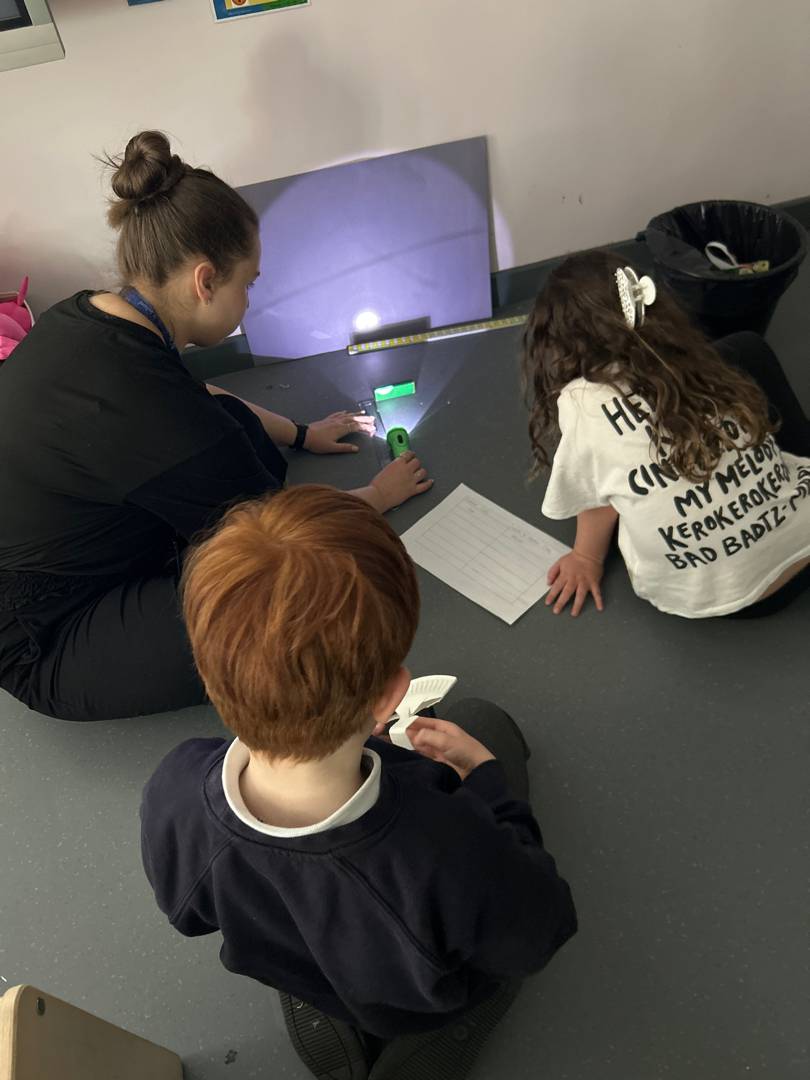 Our children follow an adapted version of the National Curriculum that is carefully matched to their individual needs and strengths. We use teaching approaches that are supportive and structured, helping autistic learners to feel secure and achieve their best. As well as the core subjects, we focus on building communication skills, independence, emotional understanding and positive relationships.
Our children follow an adapted version of the National Curriculum that is carefully matched to their individual needs and strengths. We use teaching approaches that are supportive and structured, helping autistic learners to feel secure and achieve their best. As well as the core subjects, we focus on building communication skills, independence, emotional understanding and positive relationships.
We believe that every child learns at their own pace and in their own way. That’s why our curriculum is personalised – it grows with them, supports their interests, and helps them enjoy learning. Alongside academic learning, children also take part in life skills sessions and fun enrichment activities that help them gain confidence, explore new experiences and get ready for the next stage of their journey.
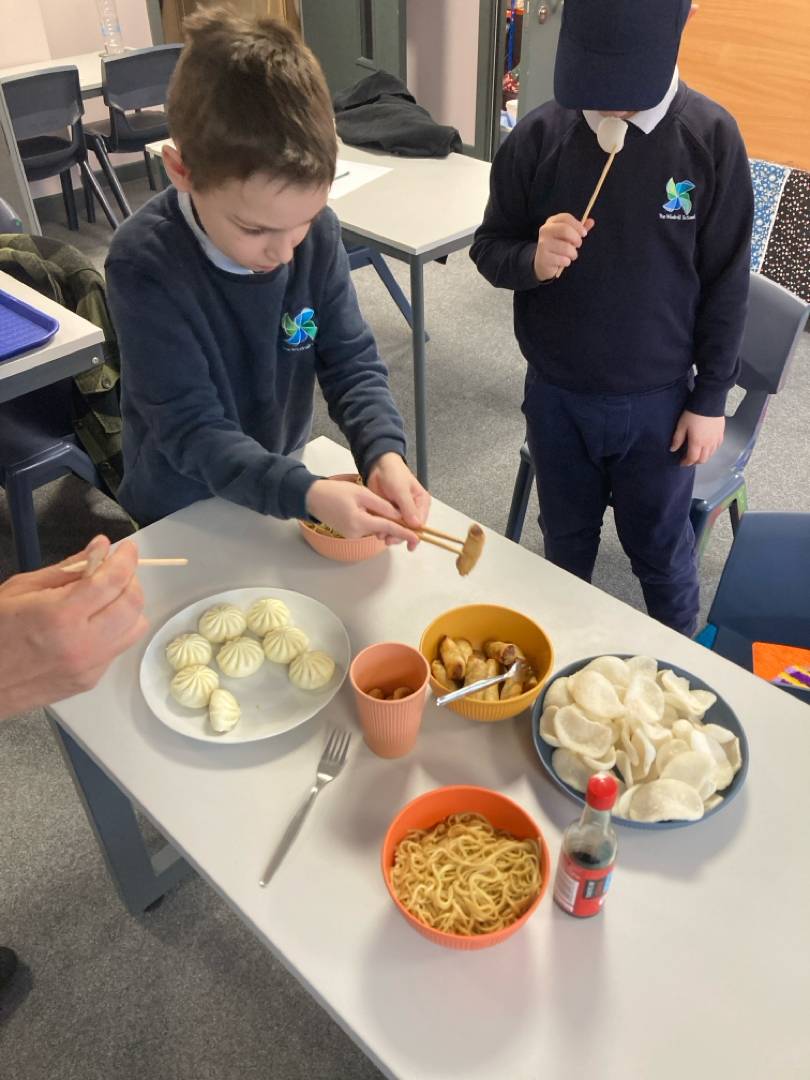
The School Day
We understand how important it is for children to feel settled and ready to learn, so each day at The Windmill School begins with a calming or alerting sensory activity, depending on the needs of each child. Our sensory rooms and soft play areas are available throughout the day, and children are supported to use them when they need to regulate or take a break.
Some pupils may feel more comfortable staying in their classroom space, particularly at the start of the day or during busy times. For these children, sensory or therapeutic activities can take place in the classroom, either one-to-one or in small groups, helping them feel safe and supported until they're ready to move to other areas of the school.
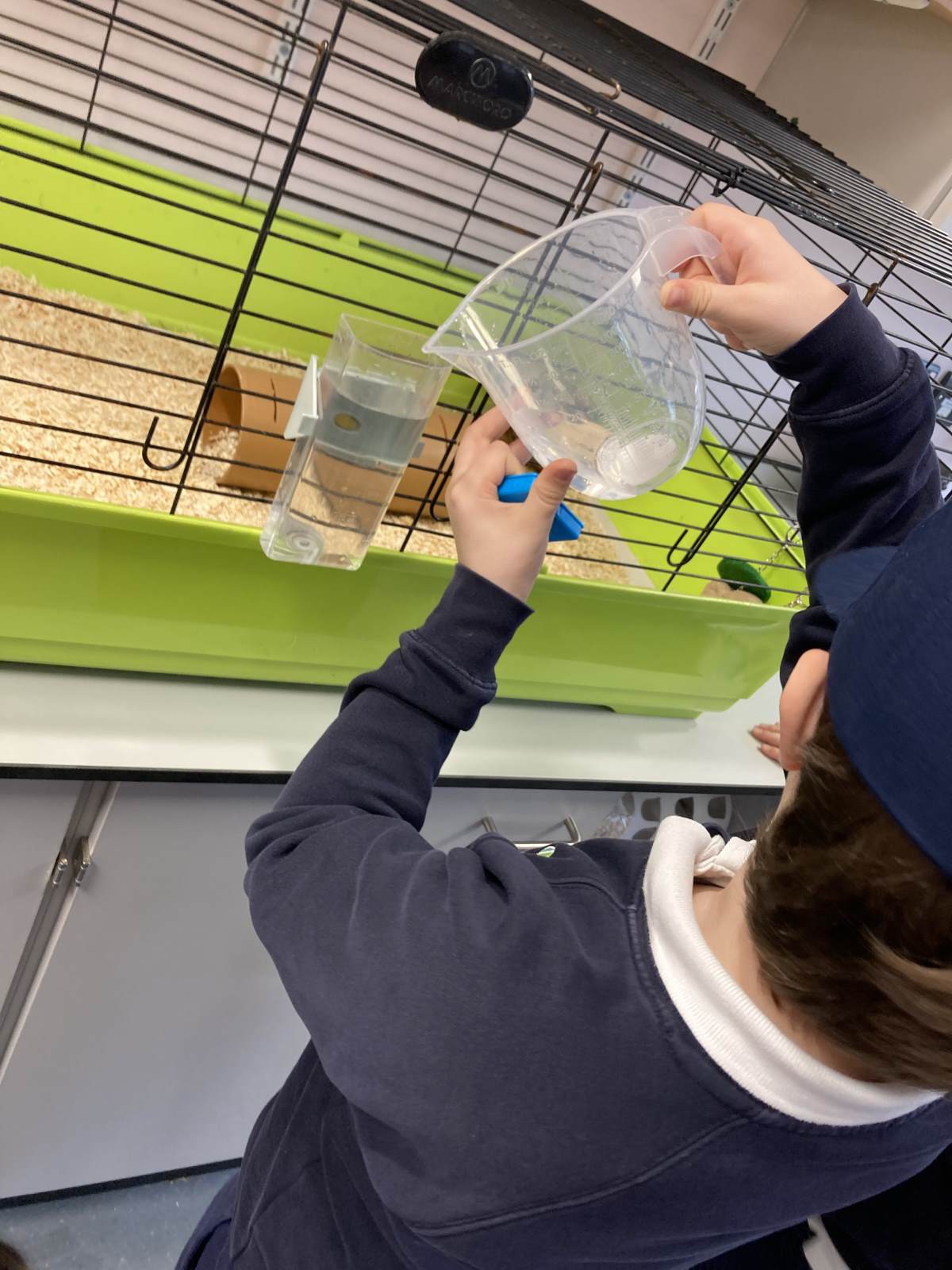
Learning happens throughout the day, not just during formal lesson times. We treat lunchtime and breaktimes as part of the learning experience – they offer valuable opportunities for children to practise social skills, build independence, and experience everyday routines in a way that feels safe and meaningful for them.
The school day starts with a gentle, low-demand transition into class, followed by a relaxed registration session structured as a circle time. This helps children regulate after arriving at school and prepares them for the day ahead. The rest of the day includes five teaching sessions, which are planned flexibly to include sensory and movement breaks and snack times as part of predictable, supportive routines.
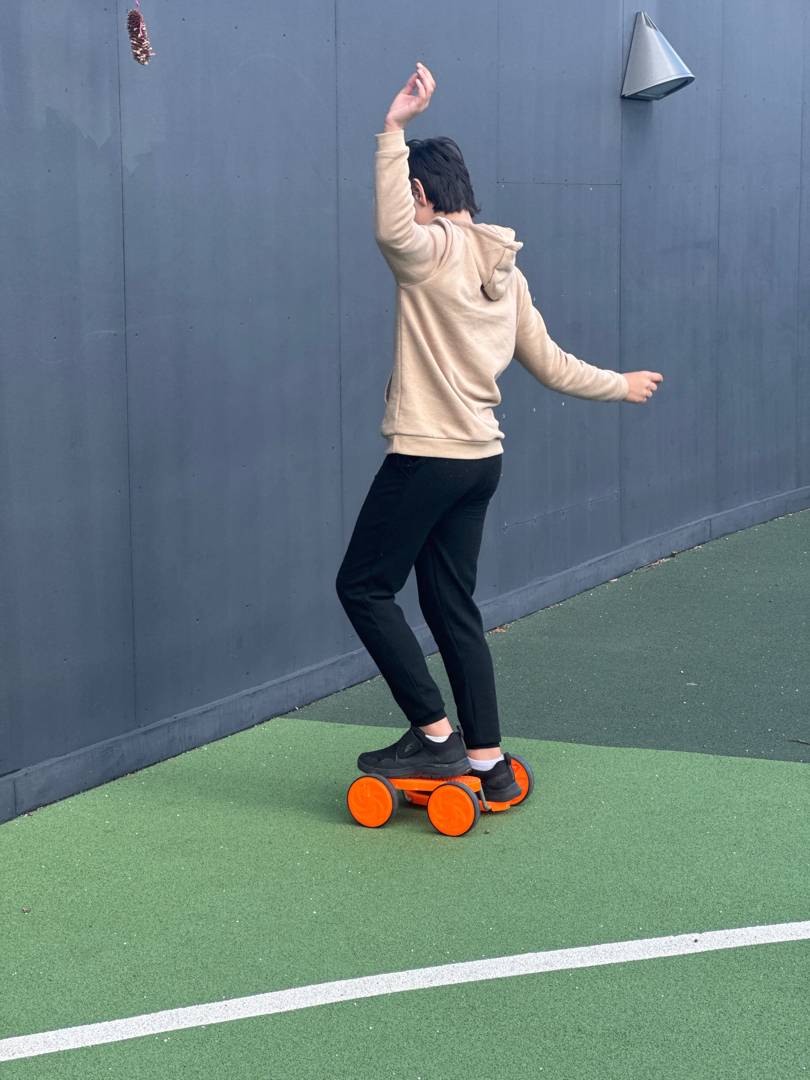
At the end of each session, staff take time to reflect on learning and track progress using the SCERTS framework. This helps us closely monitor each child’s development in social communication, emotional regulation and transactional support. During this time, pupils can also enjoy free-flow activities, allowing them time to reset and transition more easily to the next session.
Example Primary timetable:
|
8:45am |
Arrival transition to classes supervised by staff teams |
|
8:50 – 9:30 |
Registration period/ therapy programs/sensory passion projects |
|
9.30- 10:15 |
Session 1 Communication Language Literacy (45 mins) |
|
10.15am |
Break and snack (10 min snack in classroom) |
|
10.40 am- 11:30 |
Session 2 Numeracy and Reasoning |
|
11.30- 12:20pm |
Lunch Lunch and Play |
|
12. 20pm -13:10 |
*Session 3 Science/ Technology/ Forest Schools |
|
13:10 –14:0Opm |
Session 4 Historical /Geographical understanding/ PE |
|
14: 00pm- 14:45 |
Session 5 Creative arts/ Music |
|
14:45 |
Registration form/circle time |
|
15: 15pm |
End of day / transport /collection/ bus lines |
